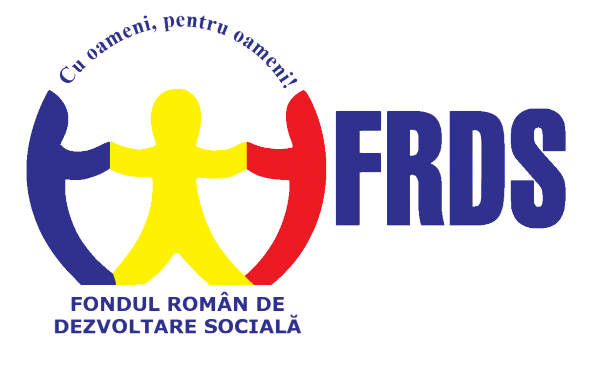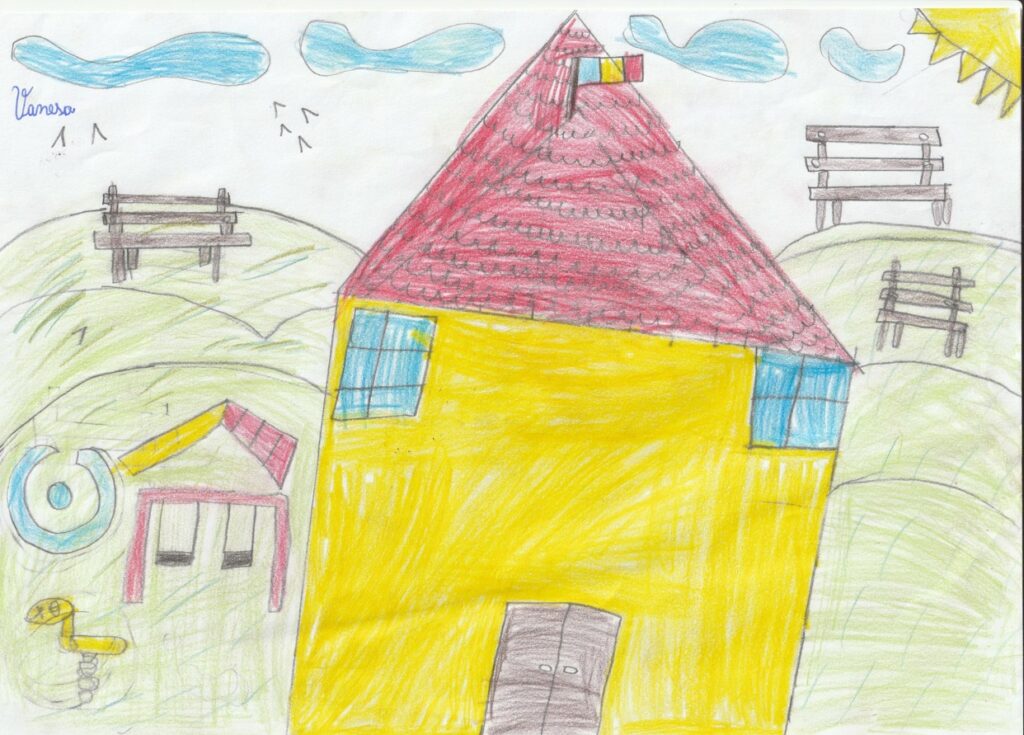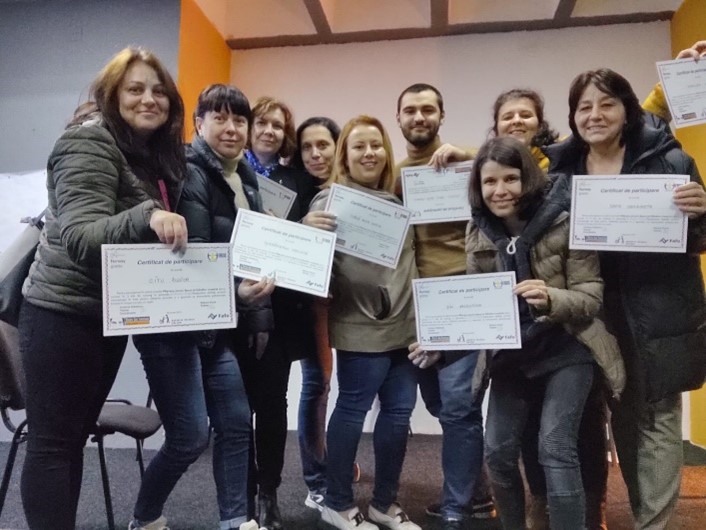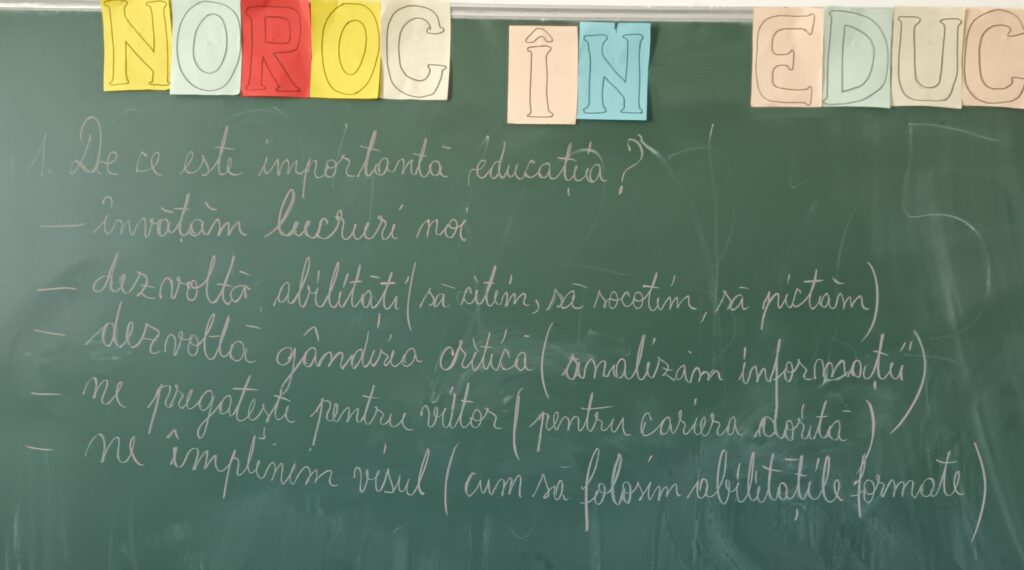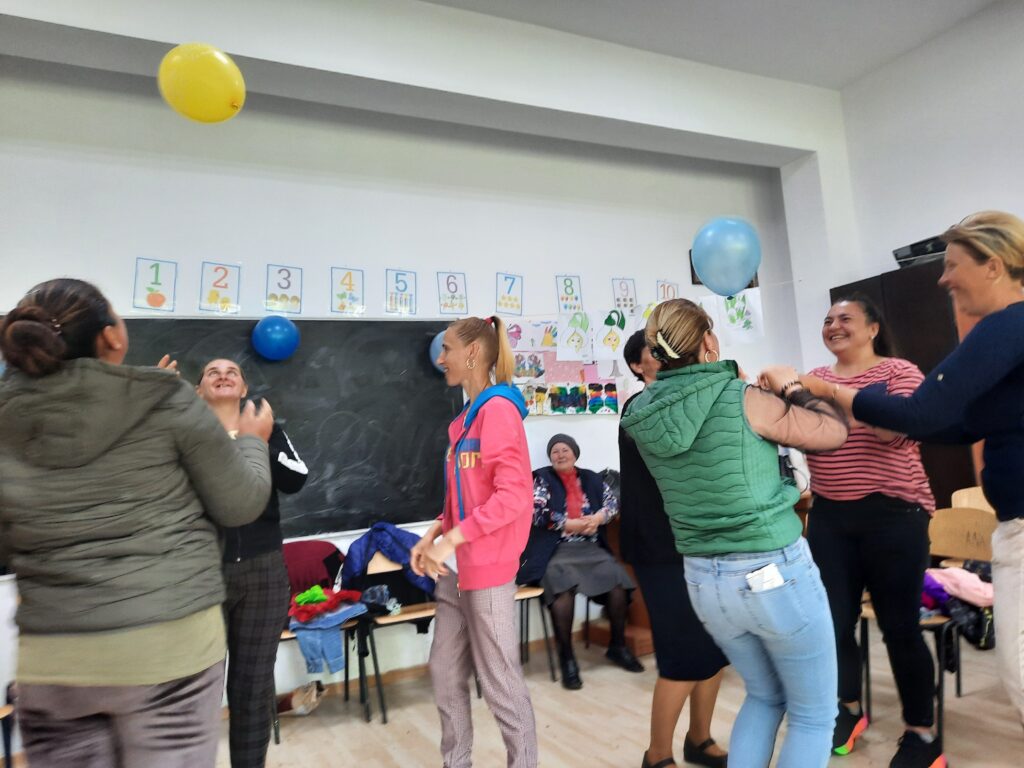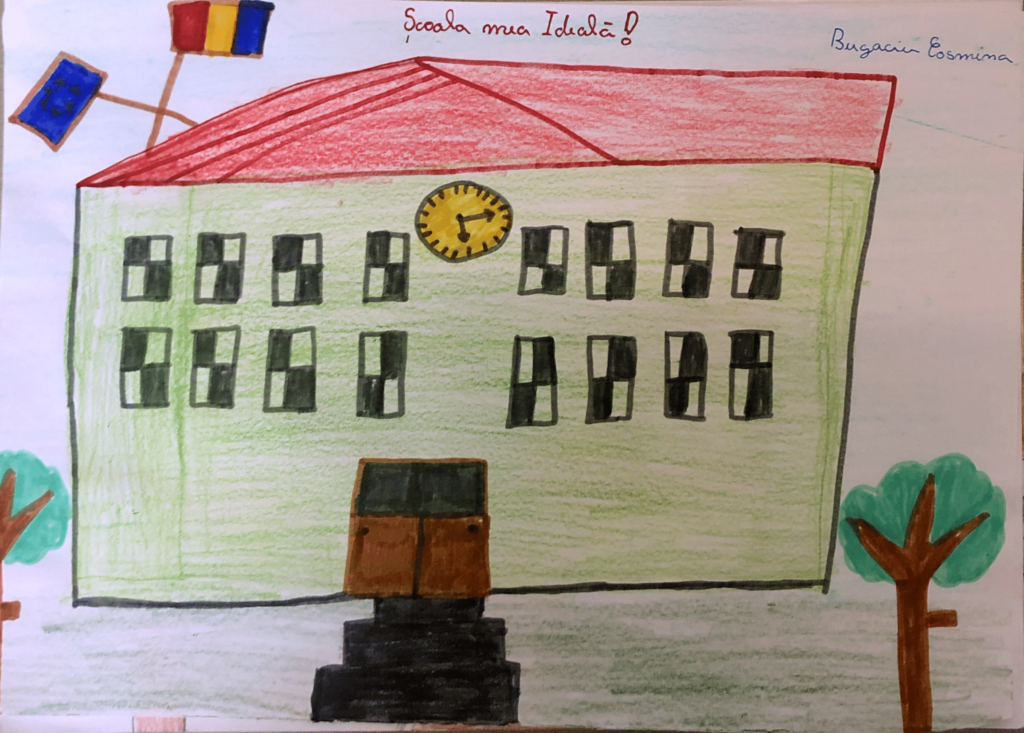Children from disadvantaged families need special attention because understanding the complexity of their family and school situations is essential to prevent them from becoming school dropouts. Starting in March, the Terre des hommes Foundation, as an integral part of the NOROC project, launched an afterschool program in five rural counties where lack of resources and materials, as well as parents’ lack of educational preparation, are among the main issues contributing to high dropout rates.
Through this program, which spans a period of 6 months, we aim to help 700 children in the counties of Dolj, Olt, Gorj, Vâlcea, and Bacău to stay in school and avoid dropping out for as long as possible – and the road is long.
The beneficiaries of the program are children at risk of dropping out of school and children with special educational needs in primary and secondary cycles who find themselves in one or more situations of vulnerability. With the support of 48 teachers, school mediators, and another 48 mentors, psycho-pedagogues, psychologists, and project experts, programs for preventing school dropout and providing support for children with special educational needs will be implemented.
In addition, a hot meal, as an integral part of the afterschool program, serves as a strong motivation for children from disadvantaged backgrounds included in NOROC project activities to attend school.
The afterschool program will provide children with a favorable environment for their development, where the learning process revolves around the student, and activities are carried out in an orderly and balanced manner, with play and learning through movement and games making the learning process unconstrained.
Children will receive specialized support in completing school tasks, as well as in organizing and carrying out leisure activities. They will be encouraged and supported to discover and develop their own abilities. Through this program, children are also valued within the community through their involvement in projects and partnerships with other children. In turn, parents become secondary beneficiaries of the program, receiving assistance to improve their parenting skills and raising awareness about the importance of education and the school-parent relationship.

